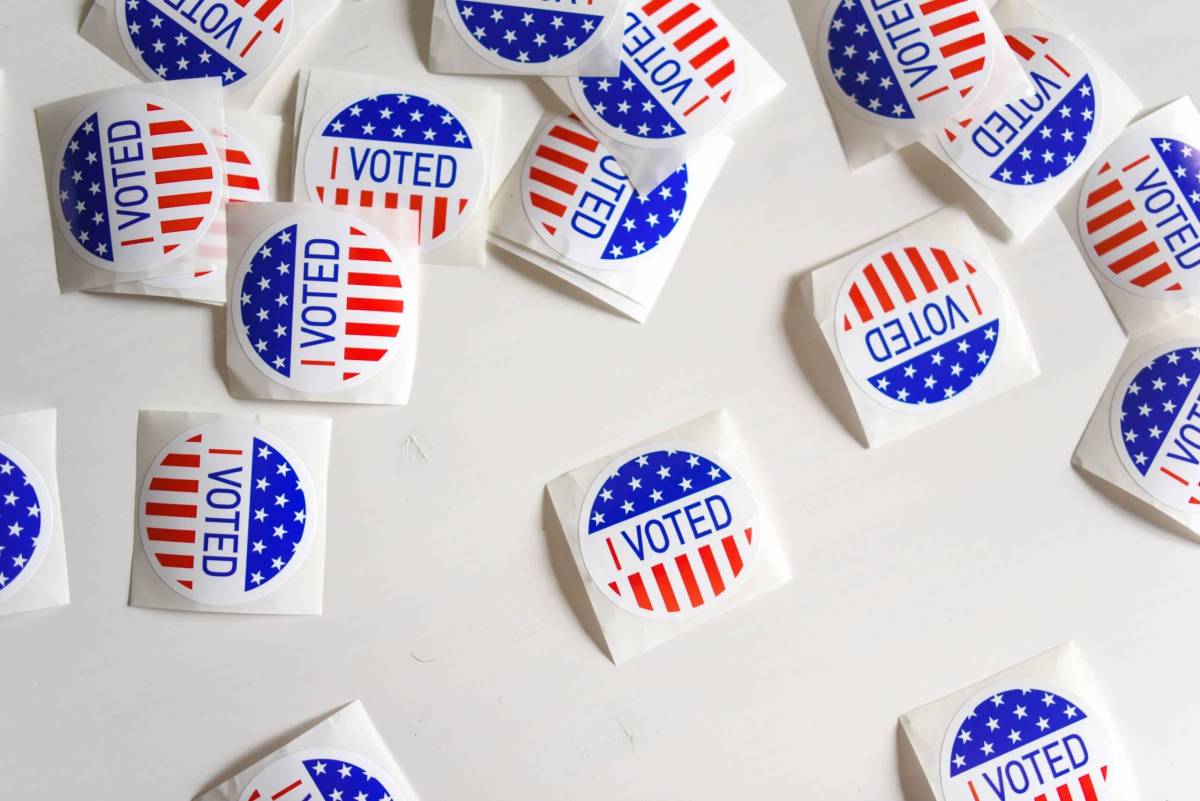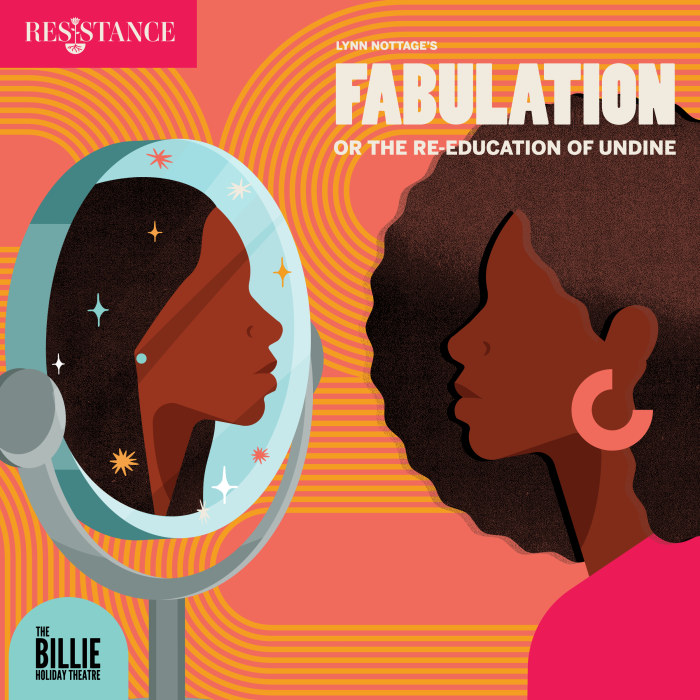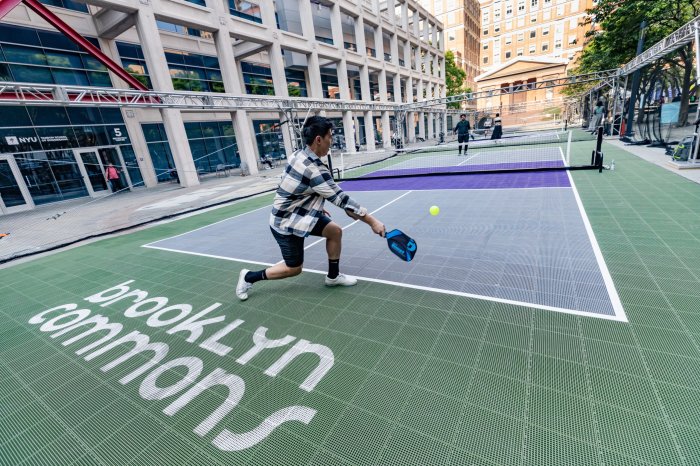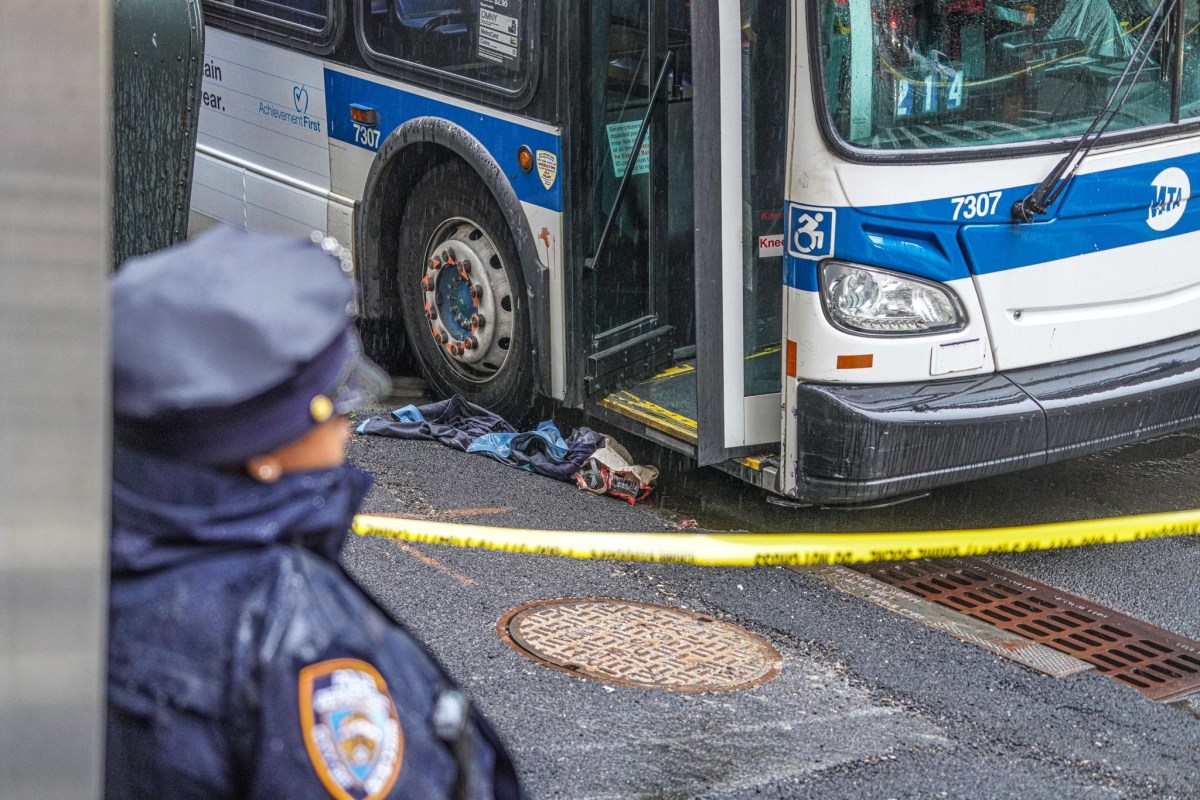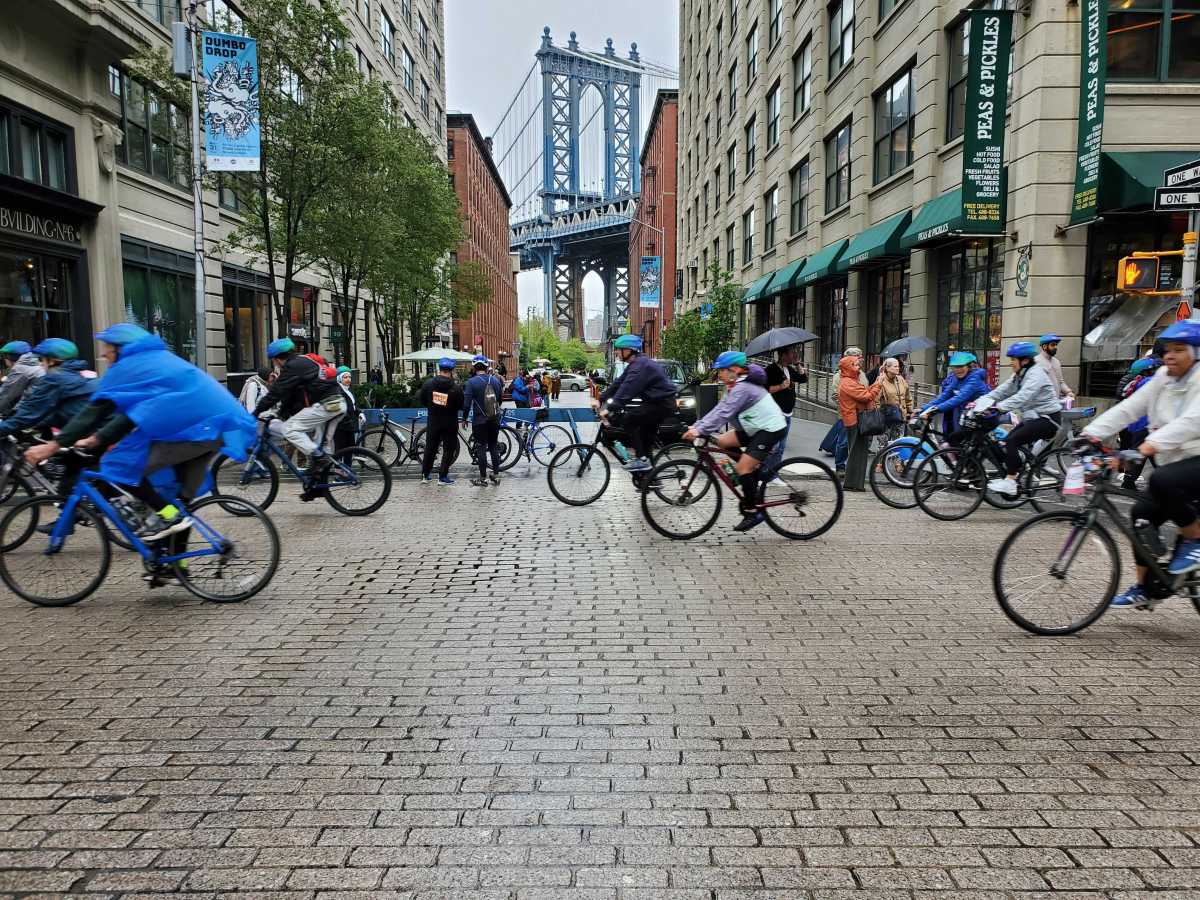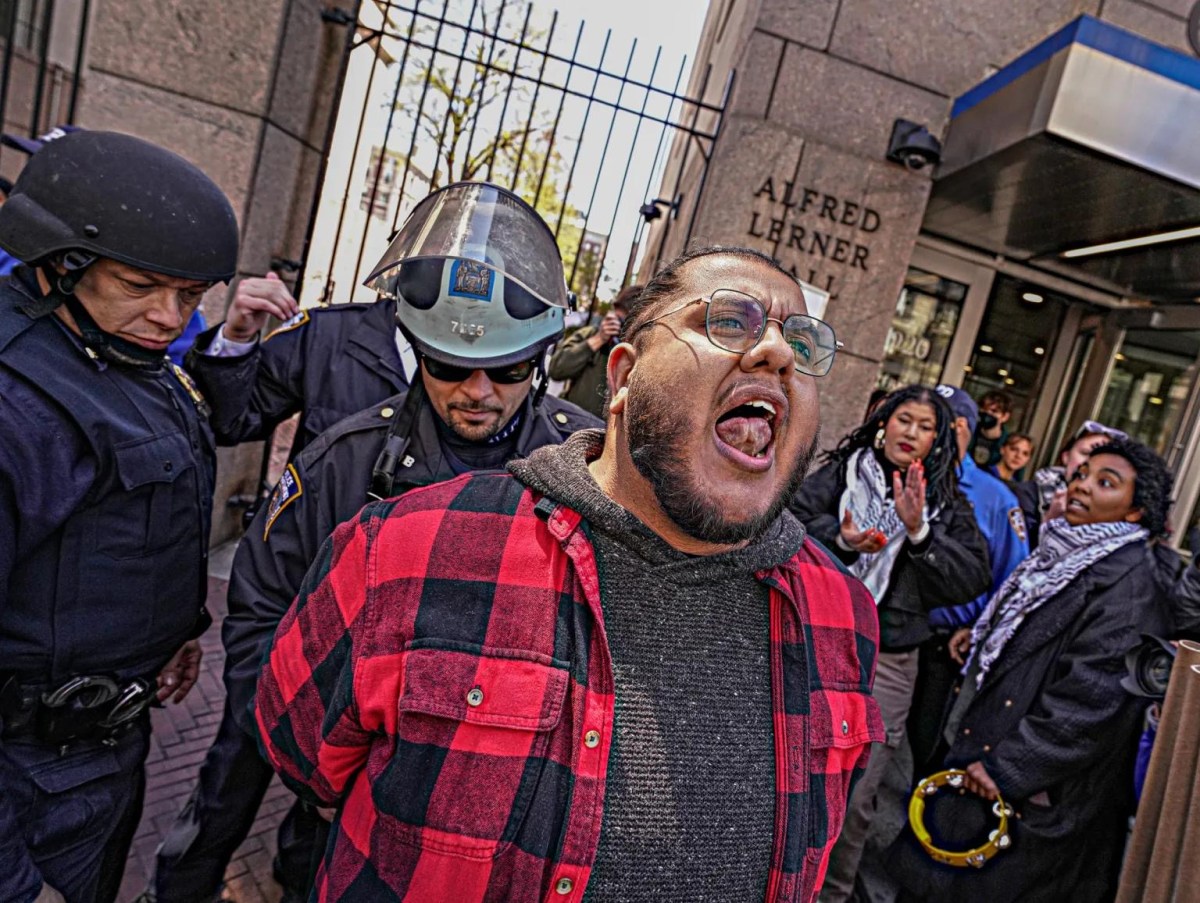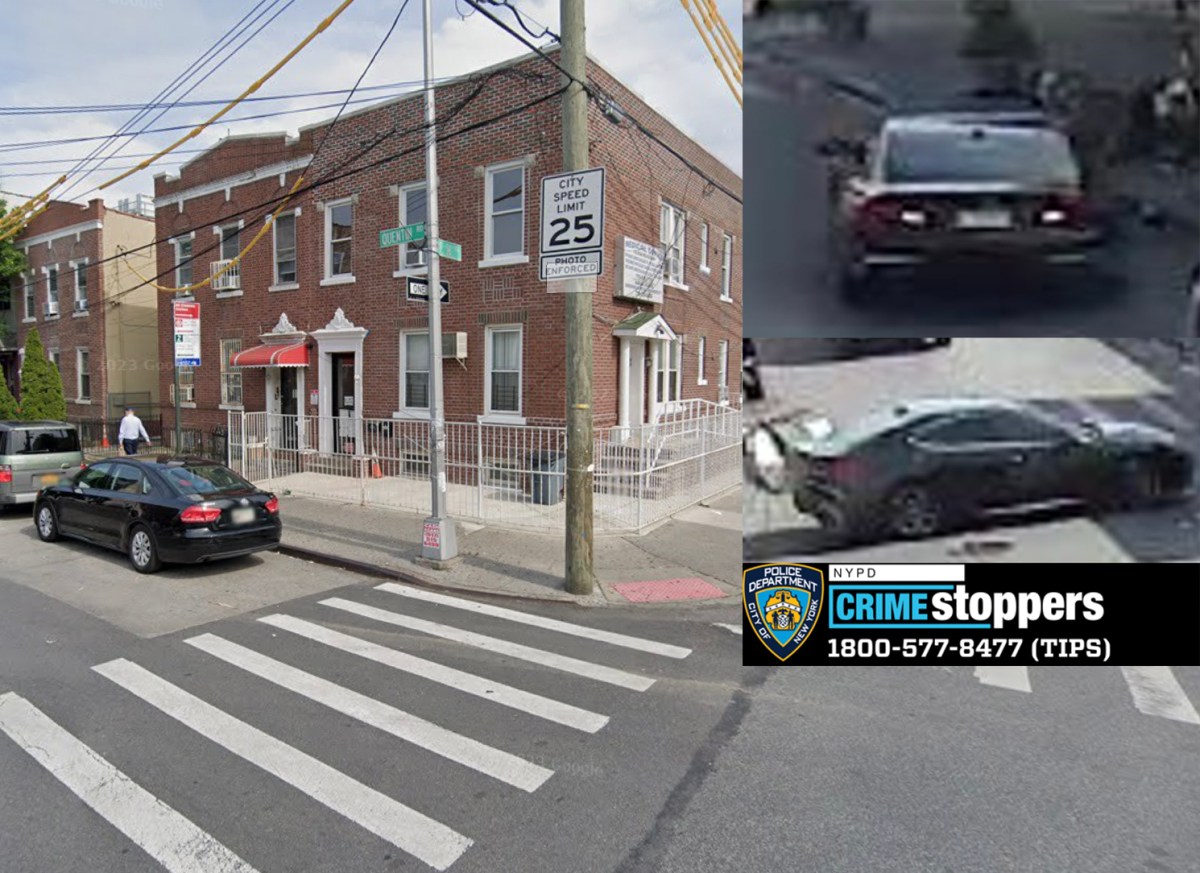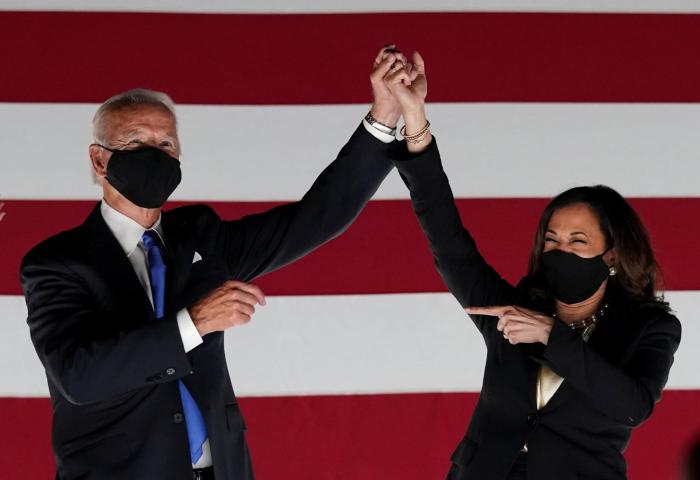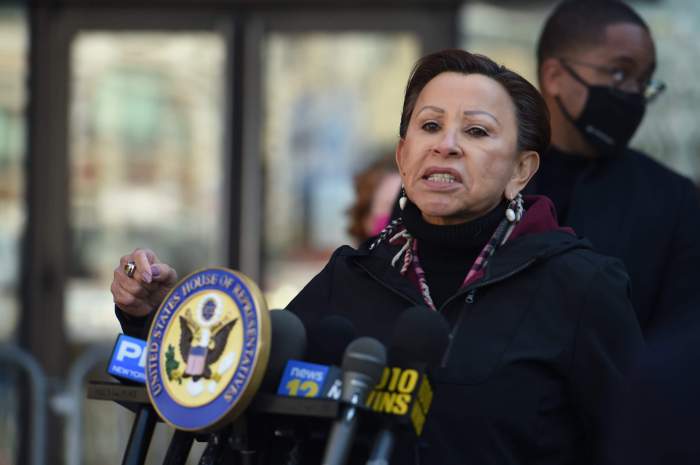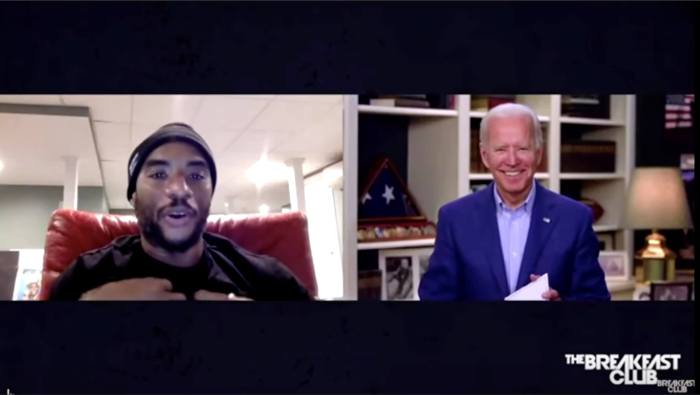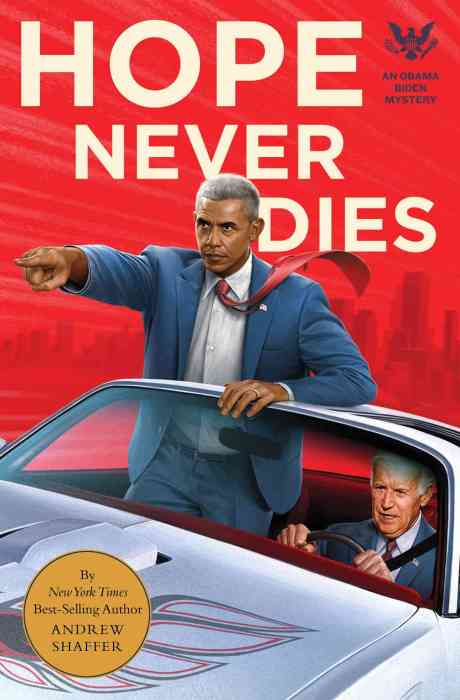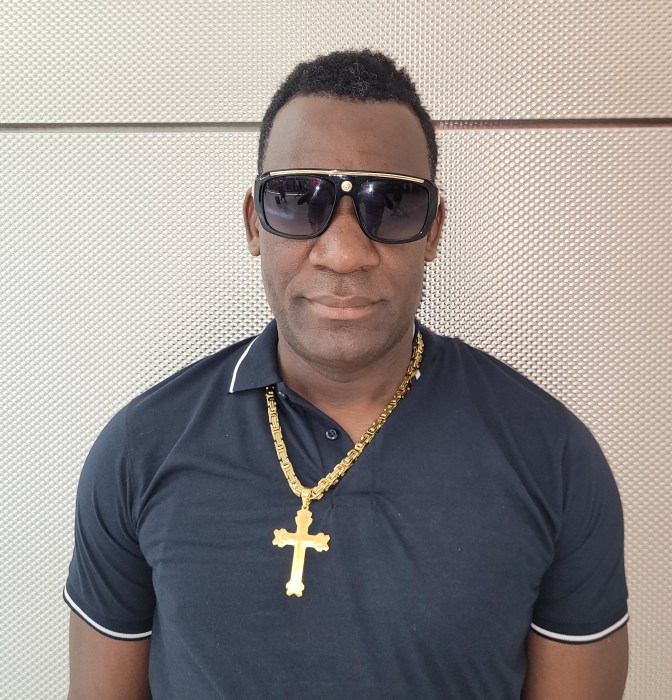On Jan. 20, after a 78-day tantrum enabled by the rest of the GOP and way too much of the media, Donald Trump (DT) became a former president. In his final speech as president, DT listed many grievances, things he considered accomplishments (including not being a normal administration), ominously promised to be back in some form and closed by saying “have a nice life.”
In contrast, a couple of hours later, President Joe Biden’s address was a conventionally Jesuit-type call for unity and action. To be fair, Biden’s inaugural address may have seemed more conventional than it was due to the contrast with the Trumpian style we’ve become accustomed to over the years.
It may feel like we’ll never forget the final day of Trump’s term, but that’s hardly certain. Contrasting speeches matter far less than what is accomplished. The executive orders, recovery, and infrastructure proposals are better starting points than I expected. If I continue to be surprised in such a way, I’ll be pleased but maybe a little disappointed in the functionality of my two political science degrees.
While those policies can be the sign of a promising future for federal policies and funding, they are also outlines of how we’ll be governed. State and local governments, in our case a city with more people than most states, administer and implement policies constrained by federal guidelines. How they do so is the way most will interact, and thus, form opinions on government. For example, President Biden’s goal to have 100 million doses of currently approved vaccines in the arms of 50 million people within the first 100 days (about the end of April) of his administration will be — aside from supplying the vaccines and in large part — determined by state and local governments.
This makes who we elect at the local level to organize the effort that much more important. We anticipate having other vaccines approved as safe and somewhat effective, but we may need over 260,000,000 people vaccinated nationwide to develop herd immunity.
This year, in New York City we have elections for mayor, comptroller, public advocate, all five borough presidents, and all 51 City Council seats. We have a Democratic primary in June that, outside a couple of Council seats and the race for Staten Island Borough President, will likely determine the winners. We will also have, for the first time, ranked choice voting. Hopefully, ranked choice voting decreases negative and scorched earth politics of the recent past. (If you haven’t already started your research on who you’ll rank where, do it now).
As for me, I’ll be voting at the Independent Neighborhood Democrats endorsement meetings later today. I don’t have enough space to explain each candidate specifically but each one, in my opinion, has a similar passion and work ethic and I’ve been impressed by them even when I don’t agree on a specific issue.
So without further adieu I’ll reveal my first choices: Scott Stringer for mayor, Jumaane Williams for public advocate, Brad Lander for comptroller, Jo Anne Simon for Brooklyn Borough President and Lincoln Restler for the next city councilmember in the 33rd district.
I haven’t determined who I’ll rank second or third in these races, so I’ll continue to pay attention and research who I think is best to help New York City go forward. I hope everyone else does so, too, and that we can all “ have a nice life.”


